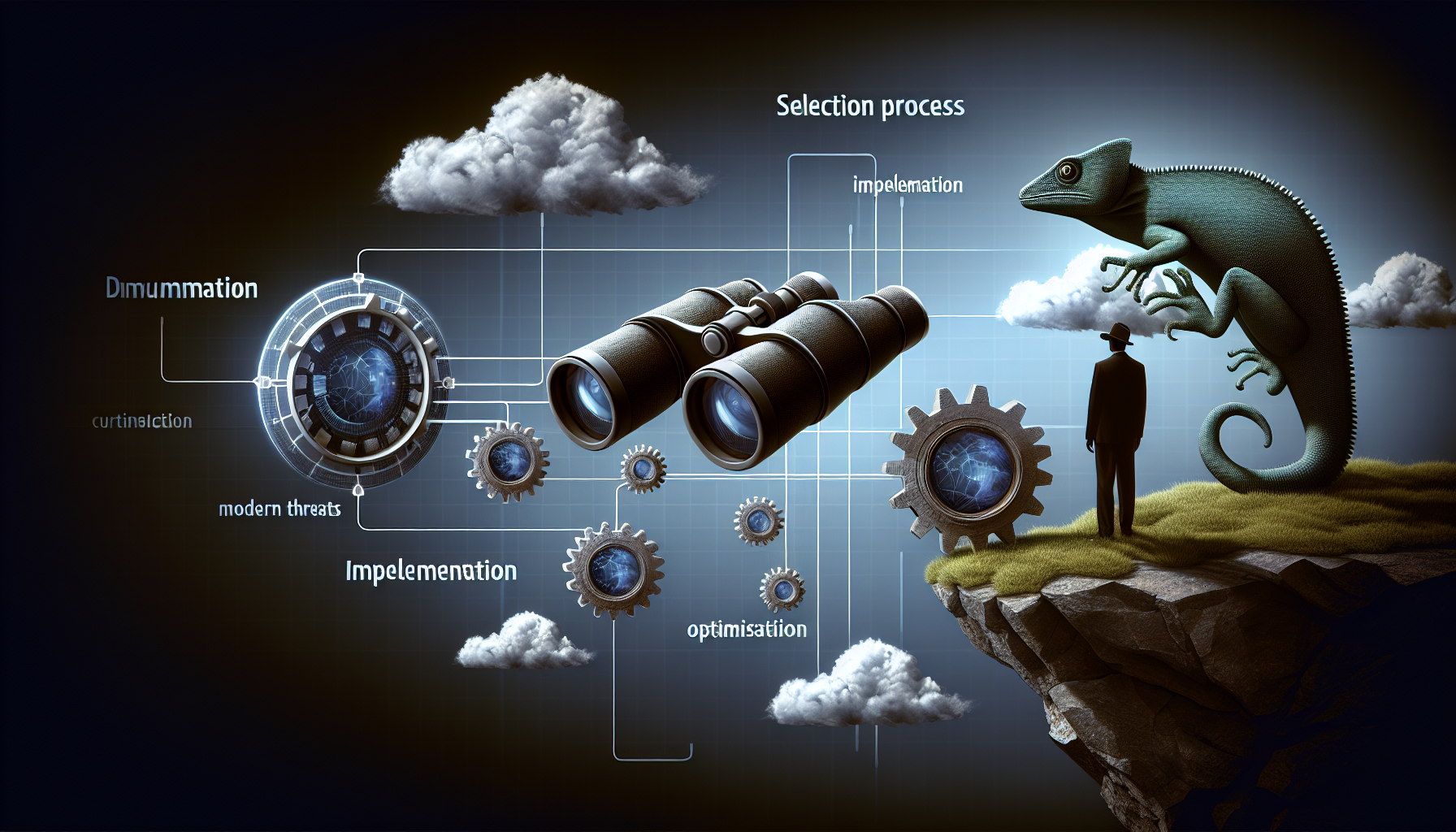Transforming Home Automation: The Integration of AI in Smart Home Devices for Enhanced User Experiences
Introduction
In the evolving landscape of home automation, Artificial Intelligence (AI) is revolutionizing how we interact with our domestic environments. This integration enhances not just convenience but also the efficiency and effectiveness of smart home devices. This blog post delves into how AI is transforming home automation, providing benefits, challenges, and a glimpse into the future of smart home technology.
The Role of AI in Home Automation
AI has taken the functionality of smart home devices to a new level, making homes smarter than ever:
Personalization
- Learning Behaviors: AI algorithms can learn from user behaviors and adjust settings to meet individual preferences, making the smart home environment truly personalized.
- Voice Recognition: With AI-powered voice assistants, devices can recognize individual voices and provide customized experiences.
Efficiency
- Energy Management: AI promotes energy efficiency by optimizing the use of utilities based on usage patterns, potentially reducing costs and environmental impact.
- Routine Automation: Complex tasks and routines are automated seamlessly with AI, from adjusting the thermostat to preheating the oven at just the right moment.
Security
- Anomaly Detection: AI enhances home security by recognizing unusual activities or behaviors and alerting homeowners or authorities.
- Facial Recognition: Some advanced systems use AI-driven facial recognition to enhance security measures, granting access to known individuals or alerting about strangers.
Challenges in Integrating AI with Smart Home Devices
While the integration of AI brings numerous advancements, it also presents certain challenges:
- Privacy Concerns: The collection of vast amounts of data raises significant privacy issues, requiring robust security measures to protect sensitive information.
- Complexity and Cost: Advanced AI features can complicate the use and maintenance of devices, and can also drive up costs.
- Dependence and Redundancy: High reliance on AI-powered devices may lead to over-dependence, potentially reducing manual problem-solving skills.
The Future of AI in Home Automation
The future of AI in home automation holds immense potential:
- Predictive Maintenance: AI could predict device malfunctions before they occur, scheduling maintenance and avoiding inconveniences.
- Integration with Wearables: Advanced integration with wearables and other personal devices could bring about more synchronized and universally controlled environments.
- Elderly Assistance: Increasingly, AI could assist in monitoring and aiding the elderly, making homes safer and more suitable for aging populations.
Conclusion
The integration of AI in smart home devices is steadily reshaping our home environments. Through personalization, enhanced security, and improved efficiency, AI is providing significant benefits. However, addressing upcoming challenges is crucial for maximizing technology’s potential while maintaining user trust and privacy. As we move forward, the synergy between AI and home automation looks set to create smarter, more intuitive living spaces.




